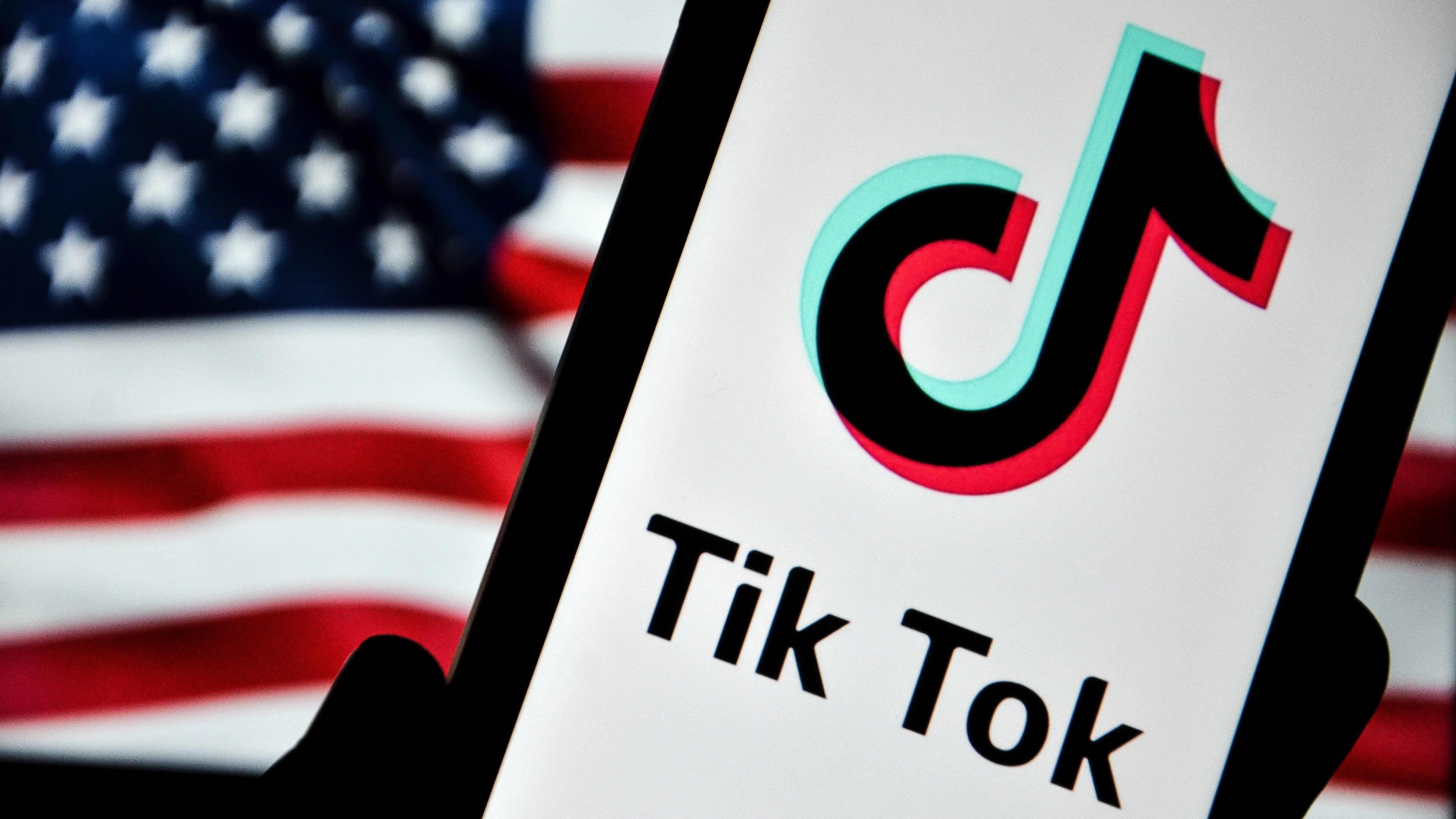
"I don't see any president, including future President Trump, being able to resolve this in a way that's satisfactory for US national security."
TikTok’s lawyers will today appear before the US Supreme Court in a final attempt to prevent a ban of the platform. Last year the US Congress passed a law ordering that the social media company either be split from its Chinese owner, ByteDance, or blocked within the US entirely, with the rationale being that it can be used as a tool of political manipulation and espionage. TikTok disagrees, says it has been unfairly targeted, and any ban violates the free speech of its American userbase.
The case has already been heard in lower courts, which have sided with the US government, and in a typical case the Supreme Court would be unlikely to reverse those rulings. But this one has a little more spice to it, not least because President-elect Donald Trump’s lawyers submitted a legal brief that says he “opposes banning TikTok” and wants “the ability to resolve the issues at hand through political means once he takes office.” Trump had in his first term called for the platform to be banned. This intervention should have no bearing on the Supreme Court’s ruling, though “should” is doing some heavy lifting there because this is without precedent.
The law passed against TikTok had support from both Democrats and Republicans, and followed years of controversy over the hugely popular platform, with particular focus on its alleged ties to the Chinese authorities and influence over young Americans. The US is not alone in having such concerns, with TikTok already banned in India and subject to targeted restrictions elsewhere (it is for example banned from government devices in the UK).
For its part, TikTok denies any influence from the Chinese Communist Party and is asking the Supreme Court to strike down the law as unconstitutional, or at least delay the enforcement to allow for a review. But some think that, even if granted more time or given the chance to strike a deal with Trump, TikTok’s days in its current form are numbered.
“I don’t see any president, including future President Trump, being able to resolve this in a way that’s satisfactory for US national security because I don’t think ByteDance will agree to it,” attorney Peter Choharis, part of the Foundation for Defense of Democracies think tank, told the BBC. “It’s about control and how the Chinese Communist Party specifically, and the Chinese government more generally, pursue strategic aims using many internet firms and especially social media companies—specifically including TikTok.”
Some US TikTok users have filed a suit in support of the platform, while both the American Civil Liberties Union and Freedom of the Press Foundation are also on TikTok’s side, and say the US government hasn’t given any “credible evidence” to back up its accusations of manipulation.
The mooted ban is supposed to come into force on January 19, 2025, the same day as Donald Trump’s inauguration. A decision from the Supreme Court is expected before that date.





